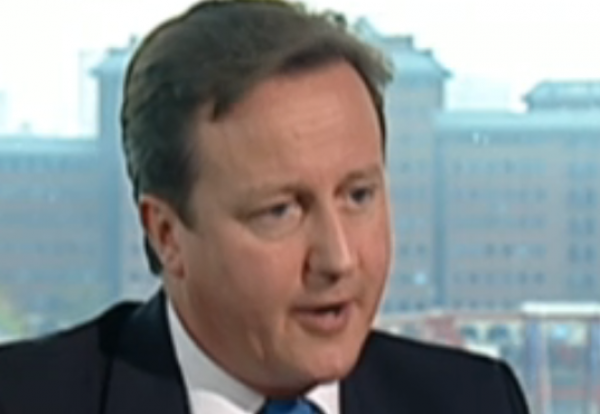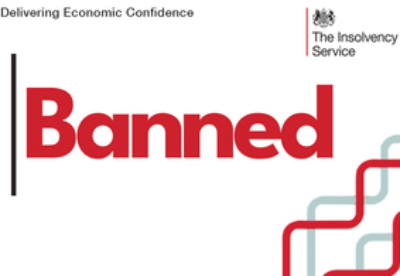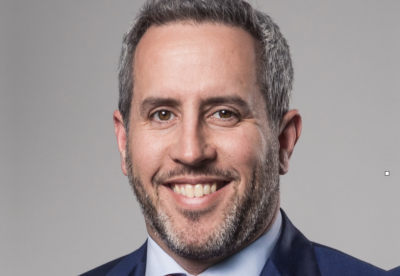The letter organsied by the UK Green Building Council has been signed by the bosses of Carillion, Keepmoat, Willmott Dixon, Barratt, H+H, Knauf, Saint Gobain and Quintain.
The campaign follows Cameron’s announcement last week that he would reduce green levies in the wake of rising energy bills.
The letter argues that energy efficiency is the “only sure way” to protect households against rising bills in the long-term.
Paul King, Chief Executive of the UK Green Building Council, said: “Business leaders are sending a powerful message to David Cameron – do not scrap the Energy Company Obligation.
“Cutting back schemes designed to boost energy efficiency is an incredibly short-sighted view and one that will only result in higher bills in the medium to long-term for those most vulnerable from rocketing energy prices.
“Energy efficiency is the only guaranteed way to combat rising energy bills and it defies belief that the Prime Minister is considering ‘rolling back’ one of the Government’s biggest initiatives to achieve this.”
The full text of the letter reads:
Dear Prime Minister
As you are well aware, the rising cost of energy is a major issue. In fact, according to recent market research, energy bills are now the single most worrying expense for British households. However, we are concerned about your recent statement “We need to roll back some of the green regulations and charges that are putting up bills.”
Using less energy by improving the efficiency of our housing stock is the only sure way to protect households against rising bills in the long term. A key component of so-called green levies is the Energy Company Obligation (ECO) scheme, which is specifically designed to improve the energy efficiency of vulnerable and low income households and ‘hard to treat’ properties, such as those with solid-walls. If ECO was in any way rolled back it would have the perverse effect of increasing energy bills for these consumers, with severe consequences for jobs in what should be a growth sector of the economy.
The cost of ECO could be reduced if the Government’s flagship green policy, the Green Deal, was delivering. Simply put, the greater the contribution that can be made to retrofit costs by the Green Deal, the less is required of ECO, and the lower the charge levied on all bills. We strongly believe that one of the best ways to encourage uptake of energy efficiency measures and increase demand for the Green Deal is to provide a new financial incentive for householders, based around Stamp Duty.
There are a number of ways of designing such a scheme, but in essence, more energy efficient homes would attract a slightly lower level of Stamp Duty, in much the same way as a more efficient car attracts a lower level of car tax – which has been remarkably successful in shifting consumer buying behaviour. Importantly, people carrying out energy efficiency work after a home purchase would be able to claim a rebate on some of their tax. It would help ensure that homebuyers consider the efficiency of the property they are buying, which can have a huge impact on their future energy bills.
With the housing market recovering and the number of sales rising, the Treasury is likely to see an increase in revenue raised through Stamp Duty by around £2billion over the next year or so. The incentive scheme could be designed in a cost neutral way, or by using a small proportion of this revenue without having an impact on the Government’s fiscal commitments.
Yours sincerely
Paul King, Chief Executive, UK Green Building Council
Oliver Smith, Director, 5th Studio
Sunil Shah, Managing Director, Acclaro Advisory
Susheel Rao, Director, Aiyana
Andrew Gould, Andrew J Gould Ltd
Andrew Warren, Director, Association for the Conservation of Energy
Mark Clare, Group Chief Executive, Barratt Developments
Rab Bennetts, Director, Bennetts Associates
Rod Pettigrew, Chief Executive, Building and Engineering Services Association
Professor Phil Jones, Head Welsh School of Architecture, Cardiff University
Nigel Taylor, Chief Operating Officer, Carillion
George Adams, President, CIBSE
Alfred Evans, Chief Executive Officer, Climate Change Capital
Diana Montgomery, Chief Executive, CPA
Dr Neil Cutland, Director, Cutland Consulting Ltd
David Strong, Chairman, Energy Efficiency partnership for Buildings
Don Leiper, Director of New Business, E.ON UK
Brian Berry, Chief Executive, Federation of Master Builders
Sally Uren, Chief Executive, Forum for the Future
Peter Walls, Chief Executive Officer, Gentoo Group
Nigel Rees, Chief Executive Glass and Glazing Federation
Matthew Spencer, Director, Green Alliance
Rob Bould, Chief Executive, GVA
Dave Hampton, Chartered Environmentalist
Mark Oliver, Managing Director, H+H UK
Ben Derbyshire, Managing Partner, HTA Design LLP
David Robson, Managing Director, InstaGroup Ltd
Toby Knight, Director of Project and Development Services, Jones Lang LaSalle
Nigel Banks, Group Sustainability Director, Keepmoat
John Sinfield, Managing Director, Knauf Insulation
Paul Everall, Chief Executive, LABC
Christoph Harwood, Partner, Marksman Consulting LLP
John Walker, Chairman, National Energy Foundation
Neil Marshall, Chief Executive, National Insulation Association Limited
Paul Appleby Consultant
Stephen Sterling, Head of Education for Sustainable Development, Plymouth University
David Crump, Director, Quintain
Peter Rickaby, Director, Rickaby Thompson Associates Ltd
Peter Rogers
Peter Hindle, Senior Vice- President, Saint-Gobain Ltd
Stewart Dodd, Managing Director, Satellite Architects Ltd
Liz Warren and Rachel Mills, Directors, SE2
Mads Jensen, CEO, Sefaira UK Ltd
Andrew Carpenter, Chief Executive, Structural Timber Association
Andrew Eagles, Managing Director, Sustainable Homes
John Thorp, Managing Director, Thameswey Sustainable Communities (Thameswey Group)
Mhora Samuel, Director, The Theatres Trust
John White, Chief Executive, Timber Trade Federation
Paul Joyner, Group Director of Sustainability, Travis Perkins Group plc
Dave Worthington, Managing Director, Verco
Mike Roberts, Director, Vertigo SDC Limited
Michael Wayman, Managing Director, Vibrant Energy Matters Limited
Stephanie Hilborne OBE, Chief Executive, Wildlife Trusts
Anna Woodeson, Associate Director, Wilkinson Eyre
Rick Willmott, Group Chief Executive, Willmott Dixon























































 (300 x 250 px) (2).png)